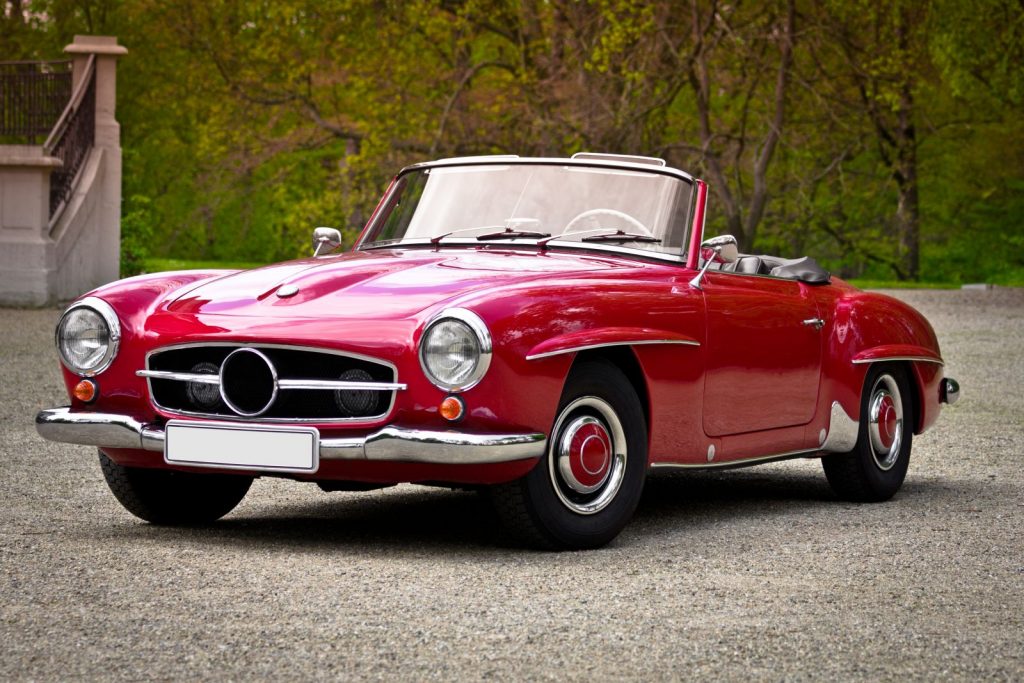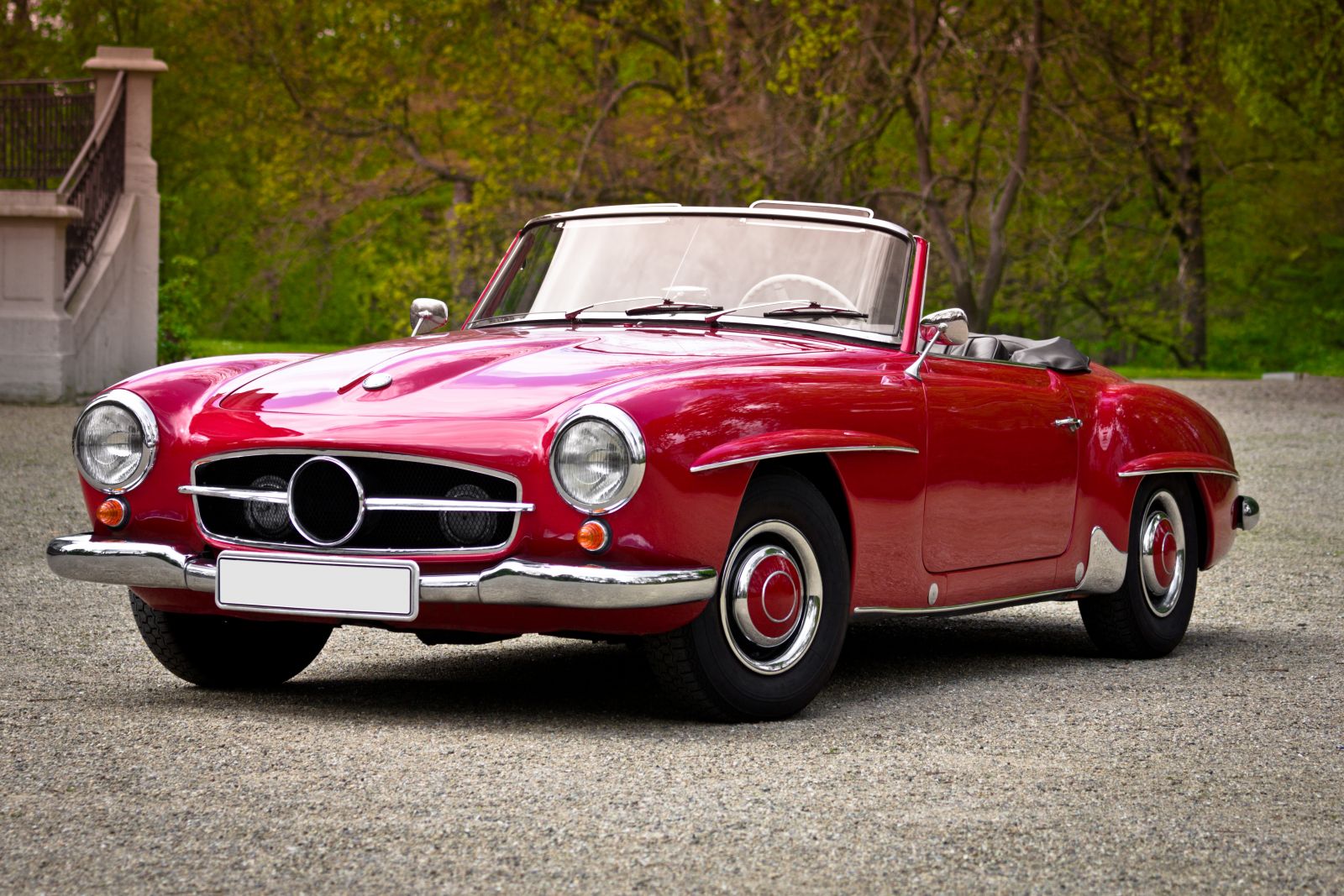
Investing in classic cars presents a unique opportunity to own a piece of motoring history, but requires careful consideration due to the financial risks involved. Unlike buying new or used cars, which often rapidly depreciate in value, classic cars usually appreciate in value over time, making them a potentially lucrative long-term investment.
Understanding Classic Cars: Distinguishing Between Classic and Old Cars
Classic cars present a unique ownership opportunity but require significant investment in time and resources. First-time buyers should prioritize finding a vehicle that requires minimal restoration, as restoration can be costly and require specialized knowledge. It is important to distinguish between true “classic cars” and simply old cars that may require significant investment without the potential for appreciation in value. Buyers should seek out vehicles that will not rapidly depreciate in value and require constant maintenance.
Selecting the Right Classic Car: Factors to Consider for First-Time Buyers
Abstract: Choosing the right classic car involves considering personal style preferences, while also being aware of the high maintenance and repair costs associated with these vehicles. First-time buyers should select a vehicle that is not excessively rare, as this will make it easier to find affordable parts for maintenance and repairs. Classics from the 1980s are generally a safe choice due to their availability and relatively recent production. Broadening one’s options beyond a specific model can also help ensure a satisfying and feasible ownership experience.
Reviewing Classic Car Insurance Options
Classic car insurance can be significantly more costly than standard auto insurance, but premium rates vary considerably among different brands and models. It is crucial to choose an insurance provider that specializes in covering antique cars, and a comprehensive policy is recommended to safeguard against theft and damage.
Thankfully, insurance rates are often less expensive than anticipated. Since classic cars are typically not used as primary vehicles, insurers are more likely to offer lower premiums.
Understanding Your Mechanical Abilities
When purchasing a classic car, it is essential to take into account your mechanical knowledge and expertise. The nearest reputable mechanic that specializes in vintage automobiles may be far away or unreasonably expensive, so it is necessary to be self-assured enough to perform routine repairs and maintenance independently.
You can save a significant amount of money by maintaining the car yourself, but you may have to make an extra effort to acquire appropriate replacement parts. Luckily, the internet has made it easier to locate elusive replacement parts.
Beware of Rust
If you notice any rust on a classic car that you are interested in, it is advisable to reconsider your decision to purchase it. Even experienced vintage car enthusiasts typically avoid cars with significant rust because the restoration process involves extensive replacement or treatment of the bodywork, which may result in the vehicle losing its original character.
Rusty bodywork is often an indication of more serious underlying problems. If the car has rust on the surface, it likely requires substantial work on the chassis and other components. Furthermore, it implies a history of neglect and inadequate maintenance.
